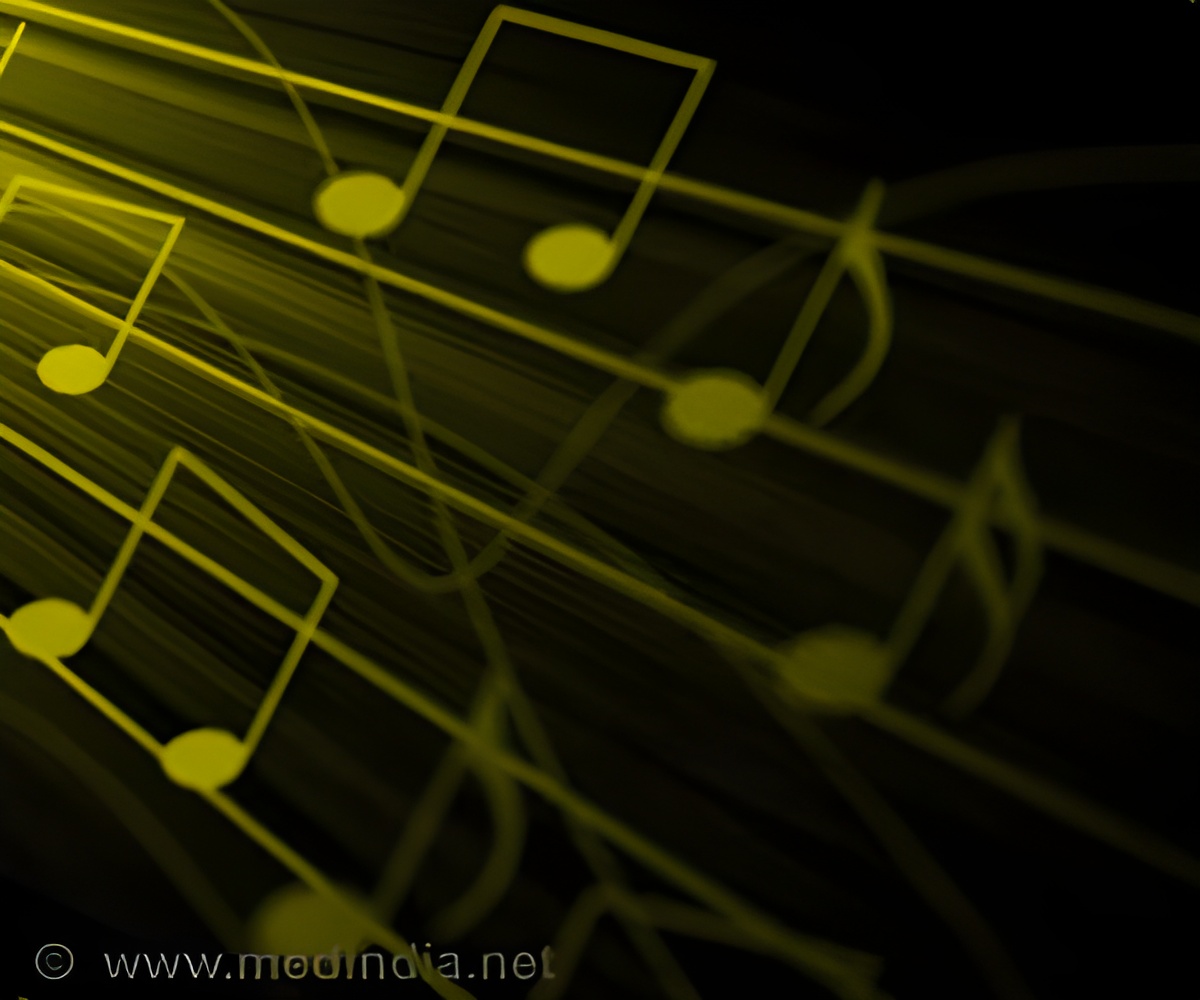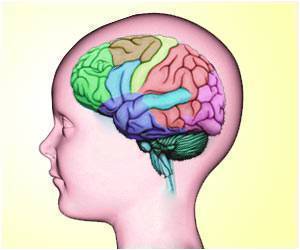Brain wave activity in people with epilepsy tended to synchronize more with the music, especially in the temporal lobe in which the seizures appear to originate.

"We believe that music could potentially be used as an intervention to help people with epilepsy," said one of the researchers Christine Charyton, adjunct assistant professor and visiting assistant professor of neurology at The Ohio State University Wexner Medical Center in Columbus, Ohio, US.
Approximately 80% of epilepsy cases are what is known as temporal lobe epilepsy, in which the seizures appear to originate in the temporal lobe of the brain. Music is processed in the auditory cortex in this same region of the brain, which was why the researchers wanted to study the effect of music on the brains of people with epilepsy.
The researchers compared the musical processing abilities of the brains of people with and without epilepsy using an electroencephalogram, where electrodes are attached to the scalp to detect and record brain wave patterns.
They collected data from 21 patients who were in the epilepsy monitoring unit at a US medical center between September 2012 and May 2014. The researchers found significantly higher levels of brain wave activity in participants when they were listening to music.
More importantly brain wave activity in people with epilepsy tended to synchronize more with the music, especially in the temporal lobe, than in people without epilepsy, Charyton said. This research suggests music might be a novel intervention to help people with epilepsy.
Advertisement
Source-IANS















